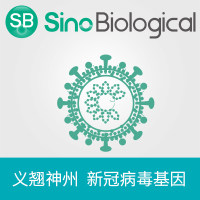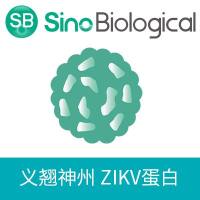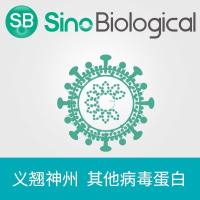Human Immunodeficiency Virus Type 1-Based Vectors for Gene Delivery to Human Hematopoietic Stem Cells
互联网
互联网
相关产品推荐

SARS-CoV-2 (2019-nCoV) Spike Gene ORF cDNA clone expression plasmid (Codon Optimized)
¥4690

Zika virus (ZIKV) (strain Zika SPH2016) ZIKV-E (Stem/anchor domain of flavivirus envelope glycoprotein E) protein (Fc Tag)
¥4520

Lentivirus Packaging Vectors Set A
¥1299

Capsid L1重组蛋白|Recombinant Human Papilloma Virus type 16 (HPV 16) L1 protein (VLP)
¥3220

Mixture/Dose Delivery System
¥90000
相关问答

